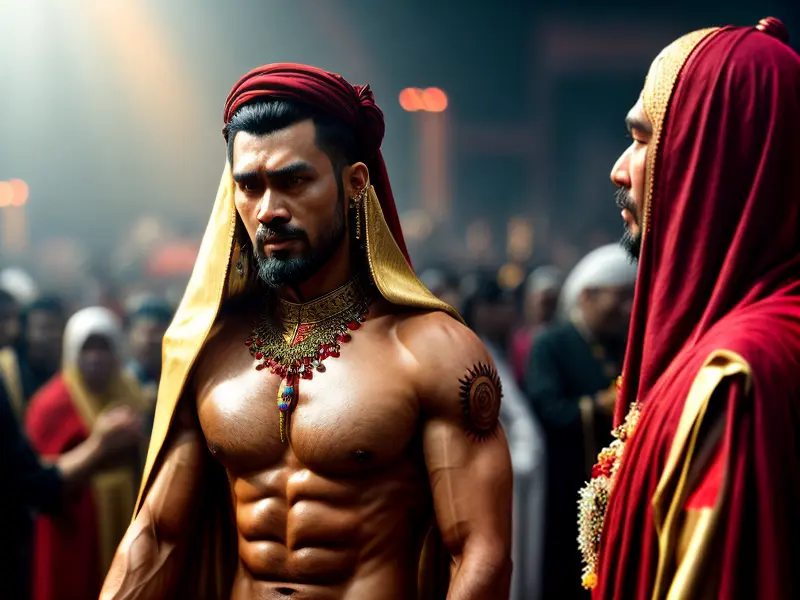Sacrifice of Animals in Christian Religion in Malaysia: Practices, Significance, and Implications
Sacrifice has been an integral part of religious practices in various cultures for centuries. In the context of the Christian religion in Malaysia, the act of sacrificing animals holds deep meaning and symbolism. This article explores the topic of animal sacrifice within the Christian faith in Malaysia, delving into the practices, significance, and implications of this age-old tradition.

The Practice of Animal Sacrifice in Christian Worship
Animal sacrifice within the Christian tradition in Malaysia is performed as an act of devotion and worship. It is believed to be a way to honor and please God, offering gratitude for blessings received or seeking divine intervention. The ritual involves the offering of animals such as goats, chickens, or lambs, which are typically slaughtered in a ceremony conducted by trained religious authorities. The meat obtained from the sacrifice is often shared among the community as a symbolic act of unity and sharing.
The Significance of Animal Sacrifice in Christian Culture
The act of sacrificing animals in Christian worship holds deep symbolic significance. It is seen as a reflection of the ultimate sacrifice made by Jesus Christ for the redemption of humanity. The shedding of blood, in the form of animal sacrifice, is believed to symbolize the remission of sins and the purifying of the worshipper's soul. It serves as a solemn reminder of the sacrifice made by Christ and reinforces the bond between the believer and God.
Implications of Animal Sacrifice in Contemporary Society
While animal sacrifice holds strong cultural and religious significance, it has also faced criticism and ethical concerns in contemporary society. Animal welfare advocates argue that sacrificing animals for religious purposes goes against the principles of compassion and non-violence. Activists and organizations have campaigned for alternatives to traditional sacrificial practices, promoting the idea of offering symbolic sacrifices or performing acts of service instead.
Despite the ongoing debate surrounding animal sacrifice, it remains a deeply-rooted tradition within the Christian community in Malaysia. The practice is protected by the freedom of religion guaranteed in the country's constitution. Additionally, the Malaysian government has implemented regulations to ensure the humane treatment and proper handling of animals during the sacrificial process. This includes guidelines on the slaughtering methods and standards of care before and after the sacrifice.
Frequently Asked Questions:
1. How often do Christians in Malaysia perform animal sacrifices?
Animal sacrifices are typically performed on specific religious occasions and festivals, such as Easter or Christmas. The frequency varies depending on individual beliefs and community practices.
2. Can individuals choose the type of animal to be sacrificed?
The choice of animal for sacrifice may differ depending on local customs and personal preferences. Commonly used animals include goats, chickens, and lambs.

3. Are there professional services available for animal sacrifices?
Yes, there are trained religious authorities and community leaders who oversee the process of animal sacrifice. They ensure that the rituals are conducted according to religious guidelines and in compliance with animal welfare regulations.
In conclusion, the practice of sacrificing animals within the Christian religion in Malaysia holds significant cultural and religious importance. While it faces criticism in contemporary society, it continues to serve as a way for believers to express their devotion and seek spiritual connection with God. The implications of animal sacrifice are multifaceted, intertwining cultural traditions, religious beliefs, and ethical considerations. The ongoing dialogue surrounding this practice highlights the need for respectful discussions that recognize diverse perspectives and promote understanding.